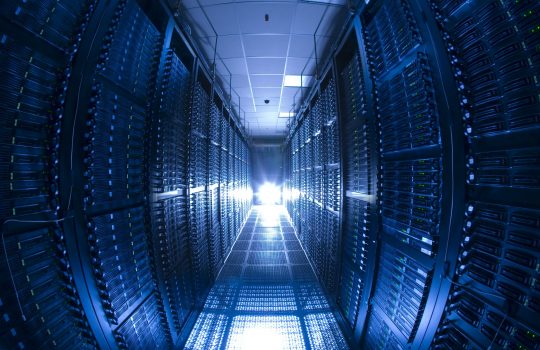Why DUNE? Shedding light on the unification of nature’s forces
From Sanford Underground Research Facility, May 26, 2020: Unwilling to ignore flaws in the Standard Model, physicists are looking for a new, more perfect model of the subatomic universe. And many are hoping that the international Deep Underground Neutrino Experiment, hosted by Fermilab, can put their theories to the test.

